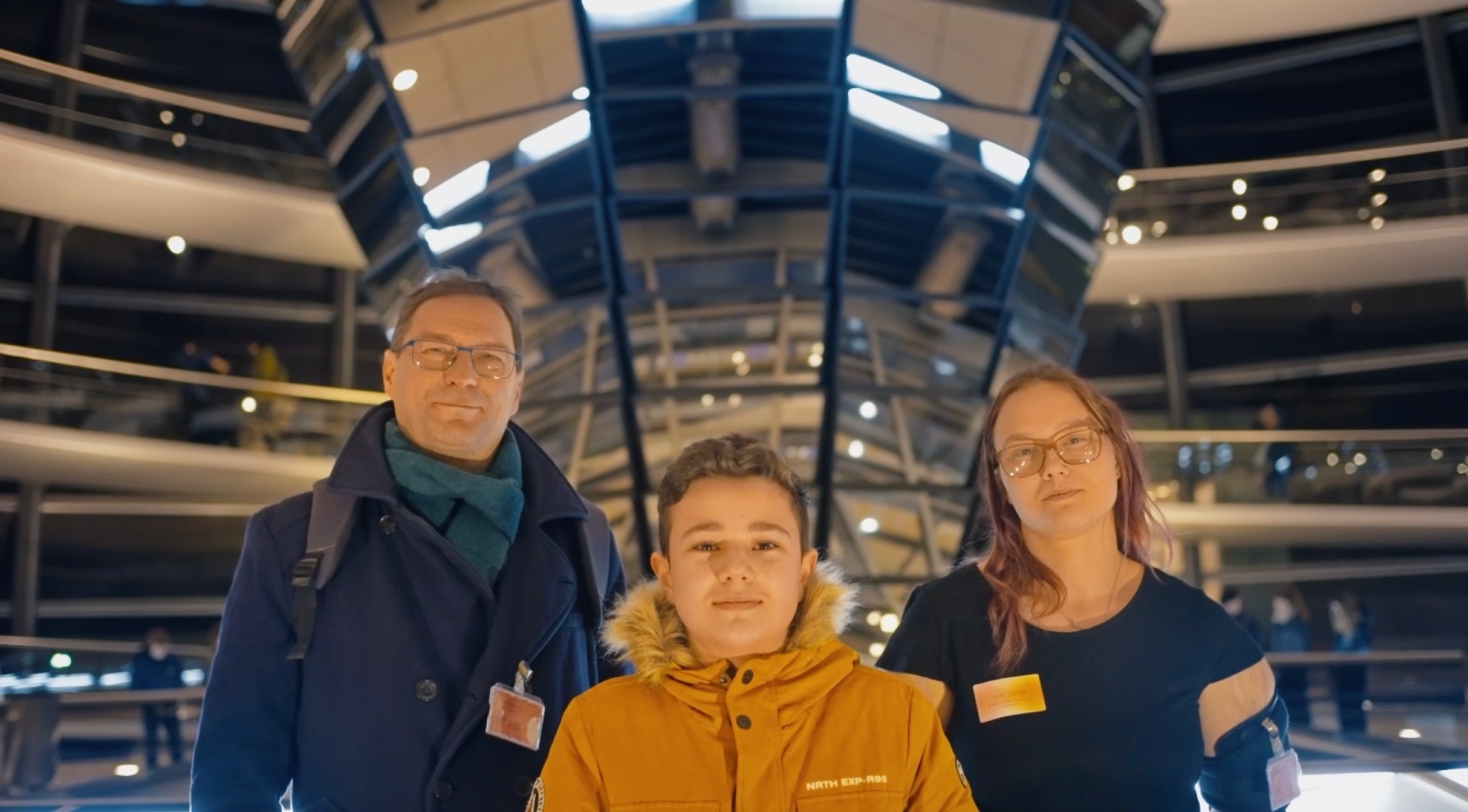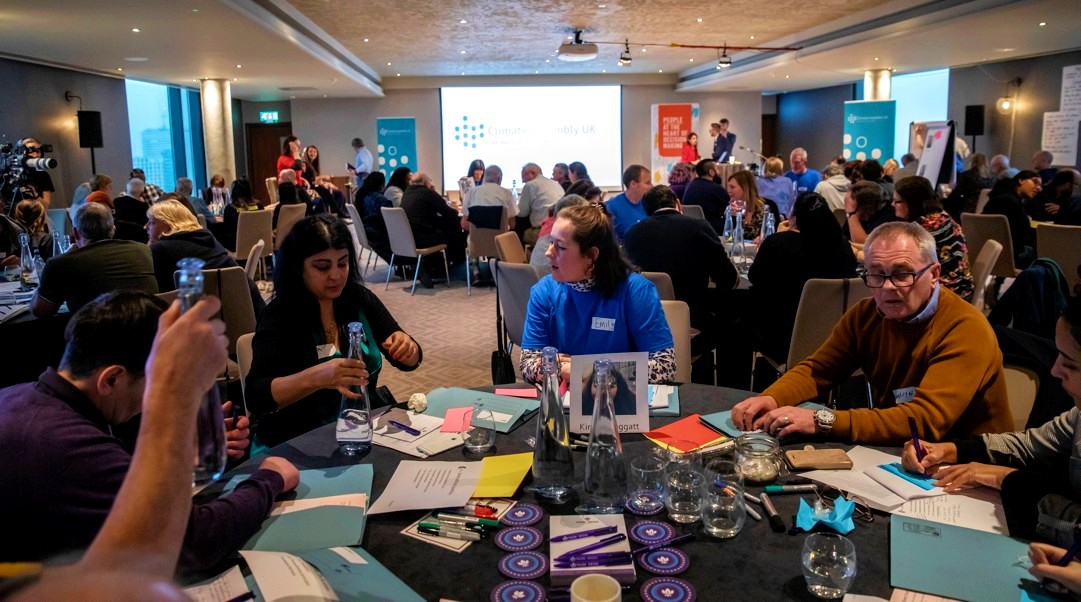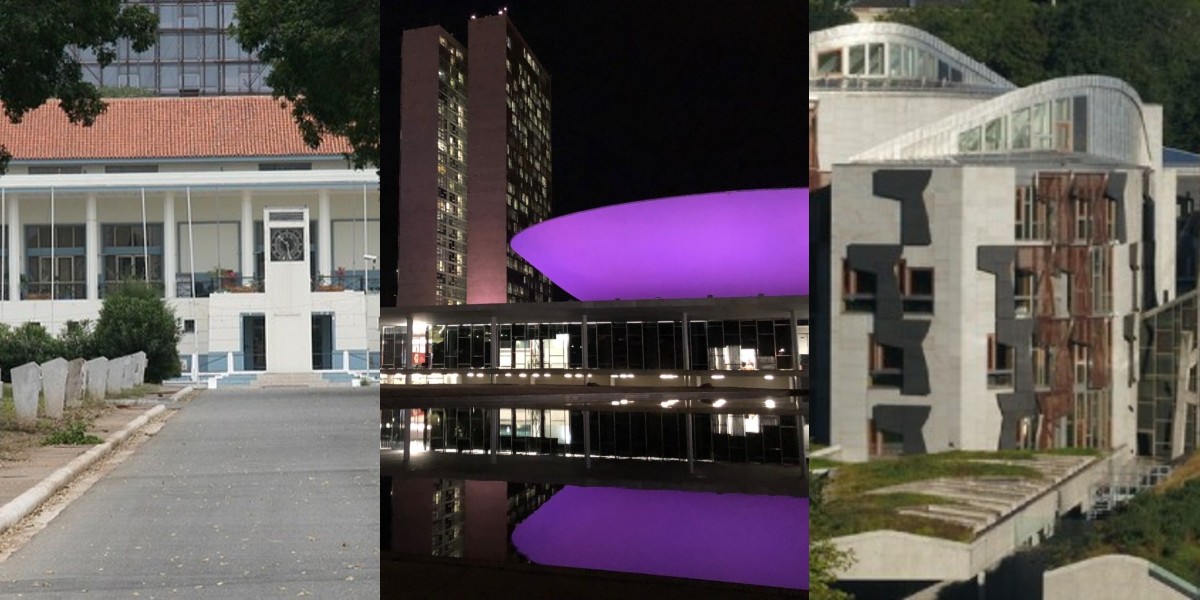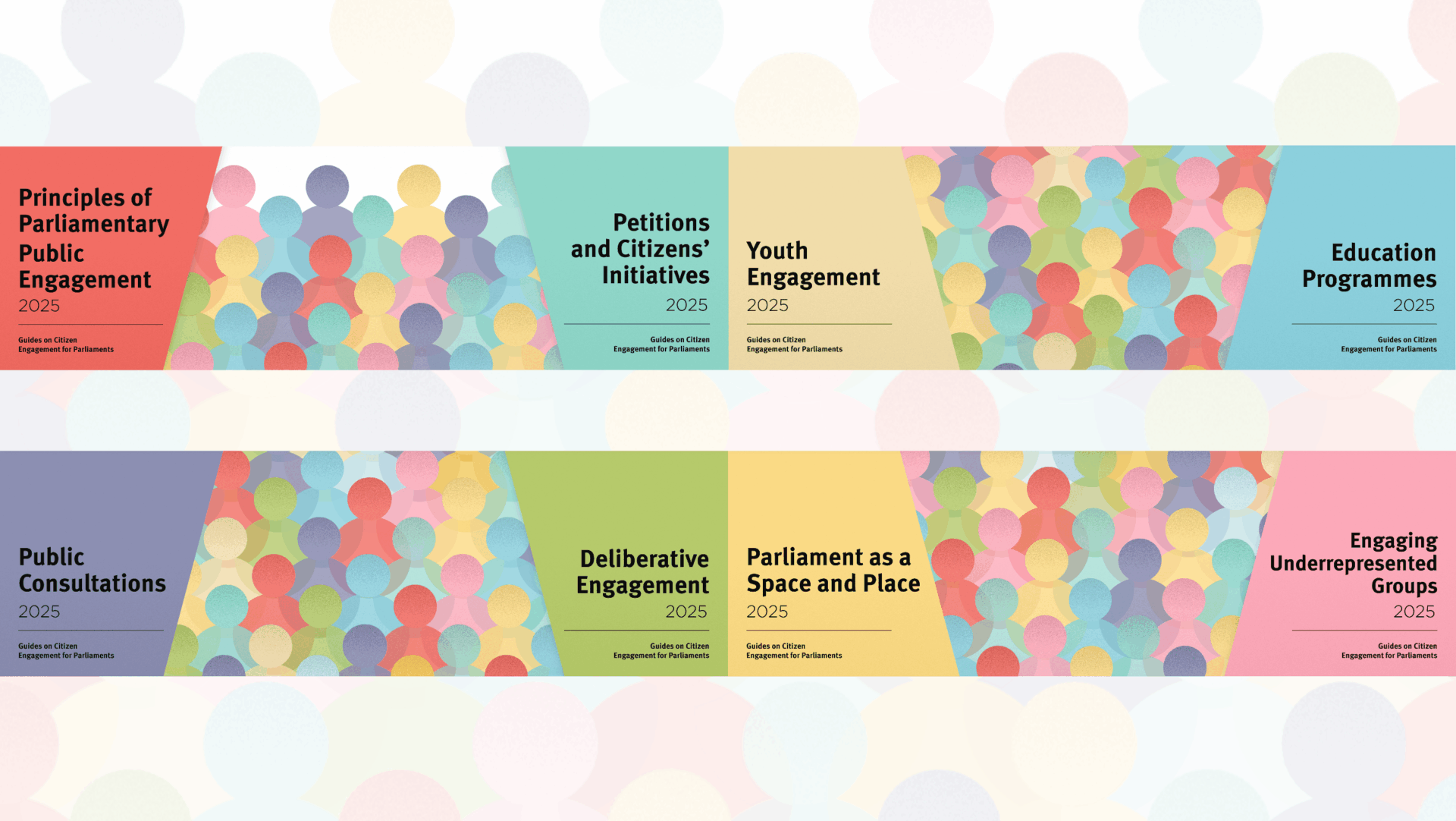22 April 2026
Speakers: Juliane Baruck and Paul Naudascher (founders & co-project leads of Hallo Bundestag)
Chair: Chris Shaw (Clerk of the Home Affairs Committee, UK House of Commons, and IPEN Executive Team)
Details: In this IPEN seminar, we will hear how the successful Hallo Bundestag initiative is institutionalising a democratic innovation in Germany.
Hallo Bundestag is a project in Germany which explores ways in which diverse groups of people can have their voices heard in politics. It was initiated by the non-profit “Demokratie Innovation e.V.” which has run many lottery-based participation formats as part of its initiative Es geht LOS.
Juliane Baruck and Paul Naudascher will address how Hallo Bundestag will scale a deliberative format on a constituency level that strengthens representative ties between parliamentarians and randomly selected people in their respective constituencies.
Between 2026 and 2028, the project team and a network of implementation partners will organise 50 so-called ‘constituency days’ (Wahlkreistage) in 50 different constituencies all over Germany, engaging over 100 parliamentarians with over 1,200 people from all walks of life.
More information
This online seminar will take place in MS Teams and is open to members of the International Parliament Engagement Network (IPEN).
Find out more about the network.
Image
Participants of Hallo Bundestag from all over Germany have been meeting regularly in Berlin to discuss their experiences and the institutionalisation of the format. Credit: Steffen Krones.










